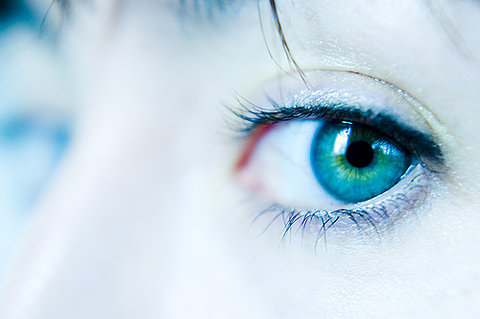Botax: Taxes on Botox and plastic surgery?
/ The medical spa and plastic surgery community is in an uproar over some proposed legislation that could make a trip to the plastic surgeon or a Botox injection at the medical spa more expensive.
The medical spa and plastic surgery community is in an uproar over some proposed legislation that could make a trip to the plastic surgeon or a Botox injection at the medical spa more expensive.
People are calling it the Botax. It's a 5 percent tax on elective procedures such as Botox, Juvederm, Restylane, laser hair removal, facelifts, breast augmentation and other nips and tucks that lawmakers are hoping will help fund the nearly $1 trillion health care plan.
The bill says the tax would not apply to surgeries to fix a deformity either from birth, accident, or disease. It would apply to procedures like face lifts, liposuction, cosmetic implants and teeth whitening.
But as Dr. Paula Hicks points out sometimes cosmetic surgeries have very medical purposes.
"Certainly breast reduction surgery is a very good surgery for a lot of women and a lot of them will get denied by the insurance company as cosmetic surgery," said Dr. Hicks of the Ave Medical Laser Spa and Laser Clinic.
Under the proposal, Dr. Hicks says an eyelid tuck, which can help with vision, would cost an extra $100 in taxes on top of the $2,000 price tag for the procedure.
She says that could be a big hit to her business since most of her clients are not wealthy.
"Most of these procedures are not done on people that are rich and have endless amounts of money, it's middle class working women that would be targeted with this tax and it's really not fair."
According to the American Society of Plastic Surgeons 86 percent of cosmetic surgery patients are women. Sixty percent of them have annual incomes between $30,000 and $90,000.
The tax, if approved, would raise $6 billion over 10 years.
Allergan, which sells Botox, took a civil rights angle: The tax “discriminates against women,” the company said in a statement. Some 86% of cosmetic surgery patients are working women ages 35-50, with an average annual income of $55,000 per year, according to Allergan.
“What’s next? Are we going to tax people who color their hair?” the CEO of Medicis, a drug company that sells fillers, told Dow Jones Newswires.
The American Academy of Cosmetic Surgery, which is fighting the provision, says “a large portion of those being taxed would be the baby-boomer generation. And as this age group continues to age, the more interest will be generated in cosmetic procedures.”
A spokesman for the 2,500-member group said they were surprised to see the provision in the Senate bill this week, because it had already surfaced and sank in July. The tax is not in the House bill.
The tax is on elective procedures, and would not apply to any procedure to correct birth defects or issues arising from disease, accidents or trauma. The CBO says it would raise about $5 billion over the next decade.
Follow Medical Spa MD on Twitter.





